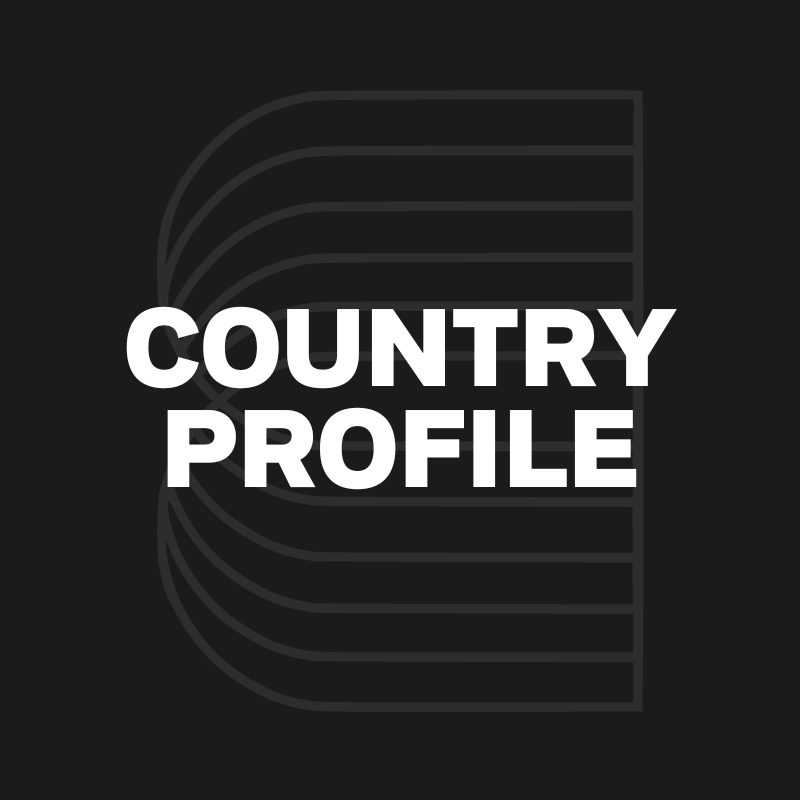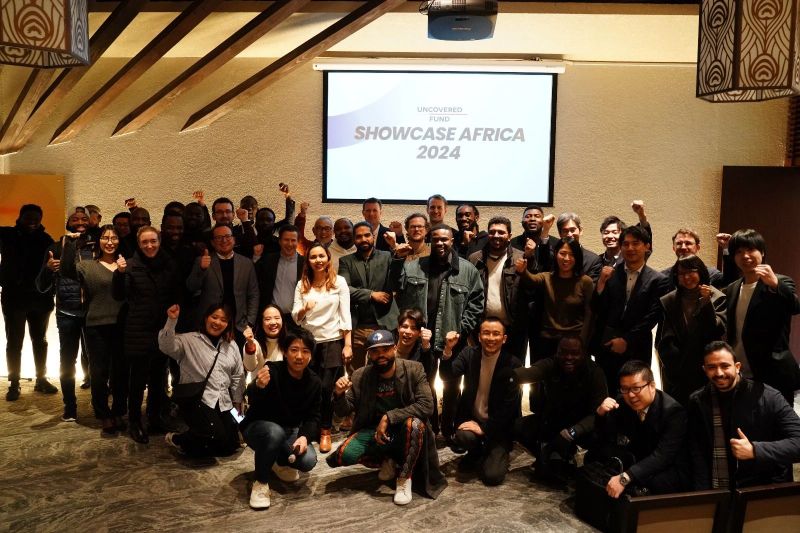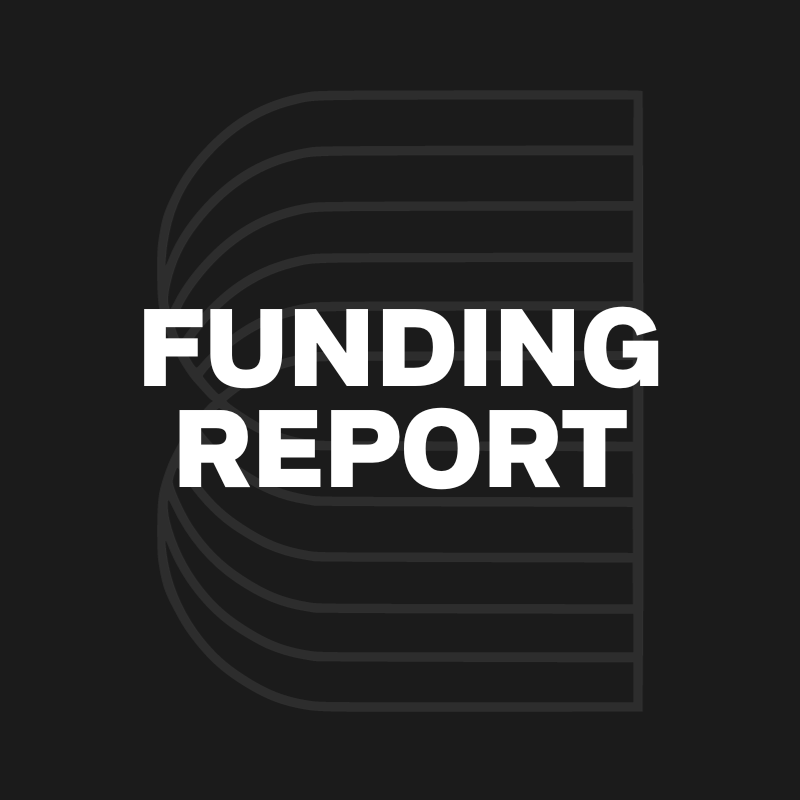Nigeria, Africa’s largest economy, with a population of over 210 million, has, over the past few years, experienced a tremendous surge in investment in both technology firms and venture capital. This country profile takes a look at the tech landscape in this West African tech hub from 2019 to Q1 2023.
Since our last profile of Nigeria, there has been a huge rise in funding for tech start-ups, especially for early-stage businesses. According to data from the Nigerian Bureau of Statistics, Nigeria’s tech industry grew by 86% in 2020, despite the COVID-19 pandemic. This growth was driven by a significant increase in funding for startups and early-stage ventures.
Aside from blazing a trail in funding, Nigeria is also pioneering in creating a supportive environment for tech to flourish. In October 2022, Nigeria became the third African nation to enact a Start-up Act, following Tunisia and Senegal, and in March 2023, was the first African nation to approve guidelines on open banking.
Currently, of the 35 start-ups to complete The Baobab Network’s accelerator programme, 12 hail from Nigeria. These start-ups focus on a variety of sectors including FinTech, logistics, HealthTech, and EdTech. You can check out our portfolio here.









